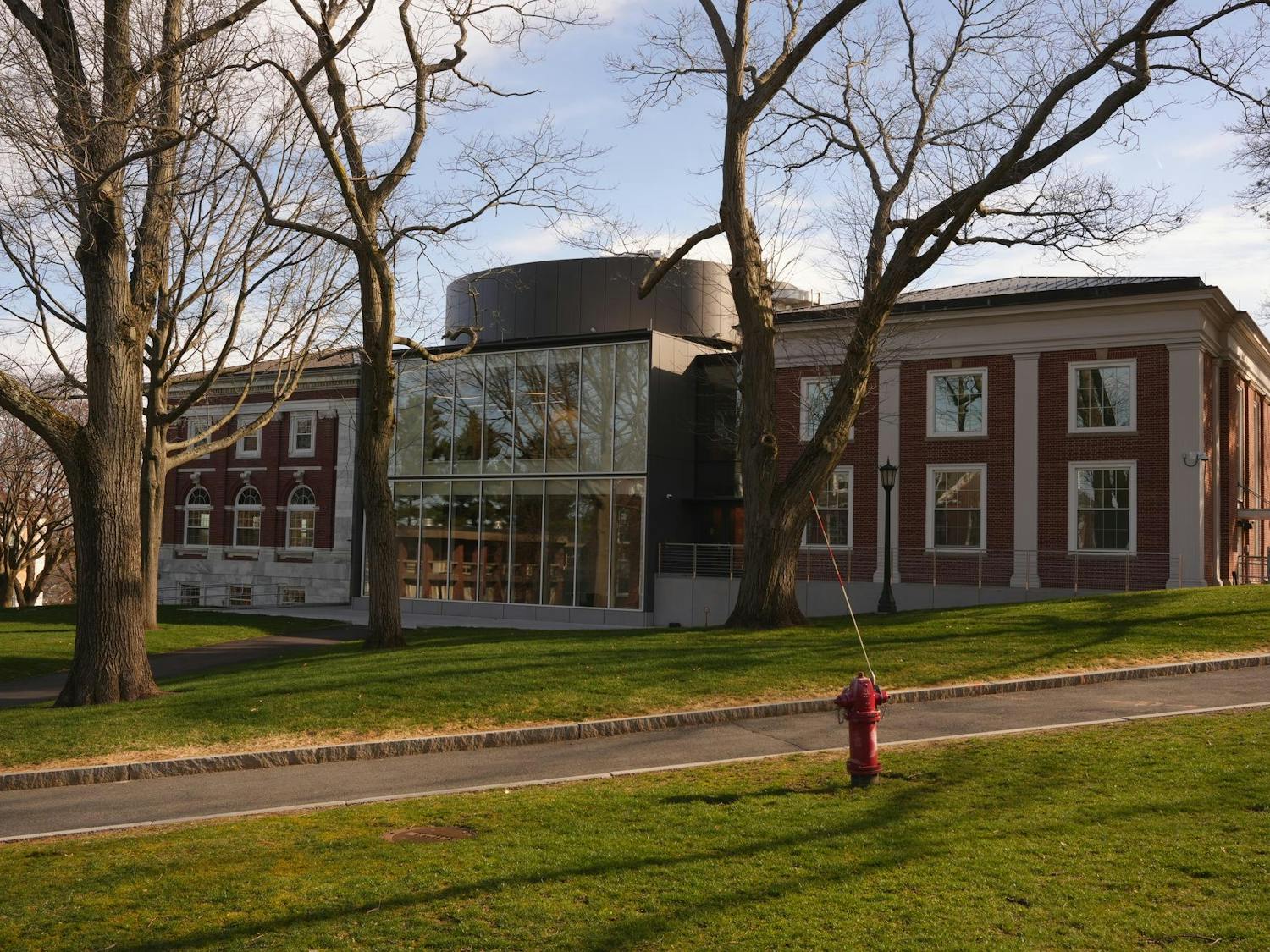Asian American and Pacific Islander Heritage Month is stupid
May is just around the corner and with it comes the beginning of AAPI Month. This convoluted acronym officially stands for Asian American, Native Hawaiian and Pacific Islander Heritage Month. However, in my experience, you’ll be hard-pressed to ...


















